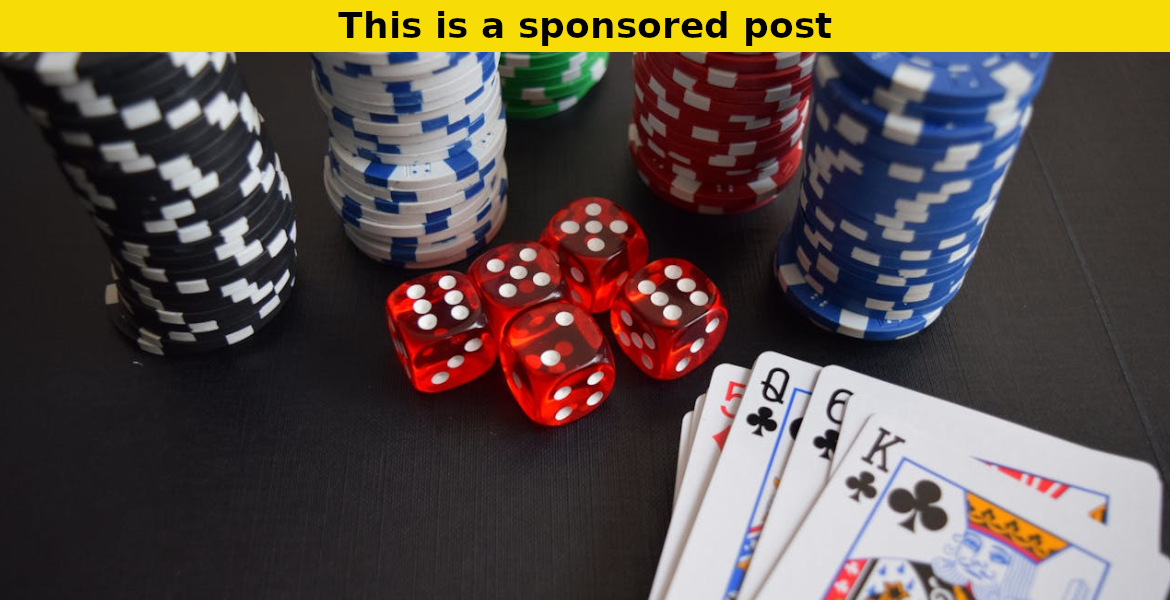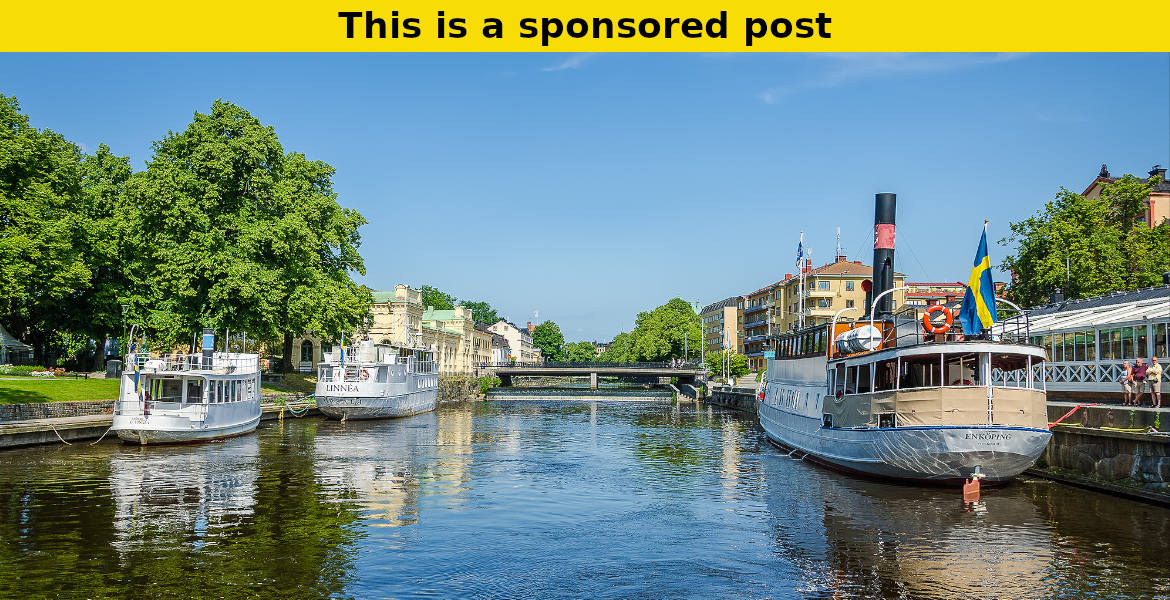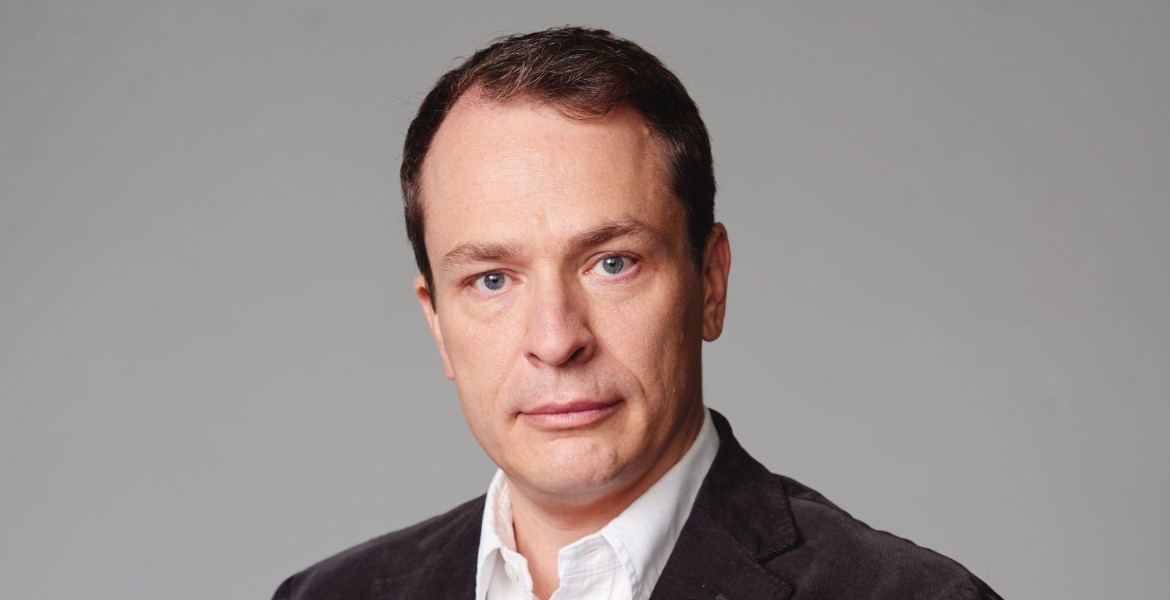Att ha tillgång till pålitlig VVS-service när det behövs som mest är en lättnad för varje fastighetsägare eller bostadsinnehavare. Rörproblem kan uppstå när som helst, vare sig det är en läckande kran mitt i natten, ett stopp i avloppet under helgen eller behovet av en planerad stambyten. För att möta dessa behov på ett effektivt och pålitligt sätt har företaget Rörjour 24/7 etablerat sig som en ledande aktör inom branschen i Stockholm.
En snabb räddning
Rörjour 24/7 är en tjänst som erbjuder dygnet-runt-assistans för alla slags VVS-relaterade problem. Oavsett om det är en akut situation som kräver omedelbar uppmärksamhet eller ett planerat underhållsarbete, är deras team av erfarna rörmokare redo att rycka ut närhelst behovet uppstår.
Mångsidig expertis
En av de stora fördelarna med att anlita Rörjour 24/7 är det breda spektrum av tjänster de erbjuder. Deras erfarna rörmokare är välutbildade och har kompetens inom alla aspekter av VVS-arbete. Från att byta ut trasiga blandare till att lösa komplexa avloppsproblem och genomföra större stambyten, kan de hantera allt med precision och professionalism.
Akut respons
När en VVS-nödsituation inträffar är snabbhet avgörande. Rörjour 24/7 förstår detta och har därför utformat sin verksamhet för att kunna erbjuda omedelbar assistans när det behövs som mest. Genom att ha ett dedikerat team tillgängligt dygnet runt kan de snabbt svara på samtal och vara på plats för att lösa problemet så snart som möjligt.
Kvalitetssäkrad service
Kvalitet är en central princip för Rörjour 24/7. För att säkerställa att varje kund får den bästa möjliga servicen, genomgår deras team regelbunden träning och håller sig uppdaterade med de senaste teknikerna och metoderna inom VVS-branschen. Dessutom använder de bara högkvalitativa material och verktyg för att säkerställa långvariga och tillförlitliga lösningar på alla problem.
Kundfokus & tillgänglighet
Kundtillfredsställelse är alltid i fokus för Rörjour 24/7. Deras vänliga och professionella rörmokare strävar alltid efter att överträffa kundernas förväntningar genom att erbjuda utmärkt service och skapa långsiktiga relationer baserade på förtroende och tillförlitlighet. Dessutom är deras tjänster tillgängliga inte bara dygnet runt utan också över hela geografiska området, vilket gör dem till det självklara valet för alla VVS-behov.
Rörjour 24/7: Din pålitliga partner för omedelbar VVS-räddning & långsiktig tillfredsställelse
Rörjour 24/7 har etablerat sig som en pålitlig partner för alla som behöver snabb och pålitlig VVS-service. Genom sin mångsidiga expertis, snabba akutrespons, kvalitetssäkrade service och starka fokus på kundtillfredsställelse har de blivit det självklara valet för fastighetsägare, bostadsinnehavare och företag som behöver hjälp med sina VVS-problem, oavsett tid på dygnet. Med Rörjour 24/7 kan man vara säker på att ens VVS-problem hanteras effektivt och professionellt, vilket ger en trygg och bekväm miljö i alla situationer. Om du är ute efter VVS-relaterad hjälp, klicka här, för här finns rörmokare i Stockholm för alla tänkbara VVS-problem.




